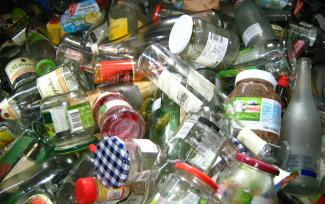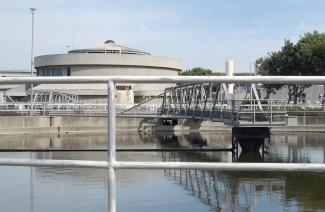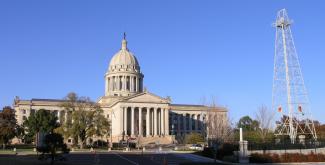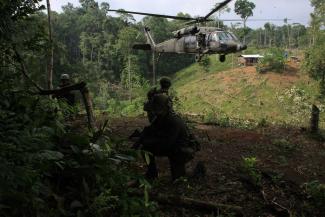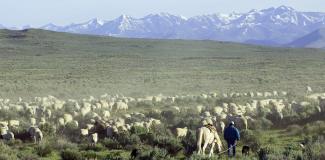The Importance of Wetlands: The 2018 National Wetlands Awards
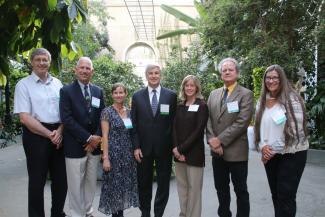
“These places hold the world together,” said National Wetlands Awardee Latimore M. Smith of wetlands during his award acceptance speech. Simple words spoken to him early in his career as he explored a Louisiana bog, they continue to hold profound meaning and inspire him to this day. At the National Wetlands Awards ceremony that took place on May 9, 2018, in Washington, D.C., each of the six awardees shared stories about what inspired them in their efforts to protect and preserve wetlands.
